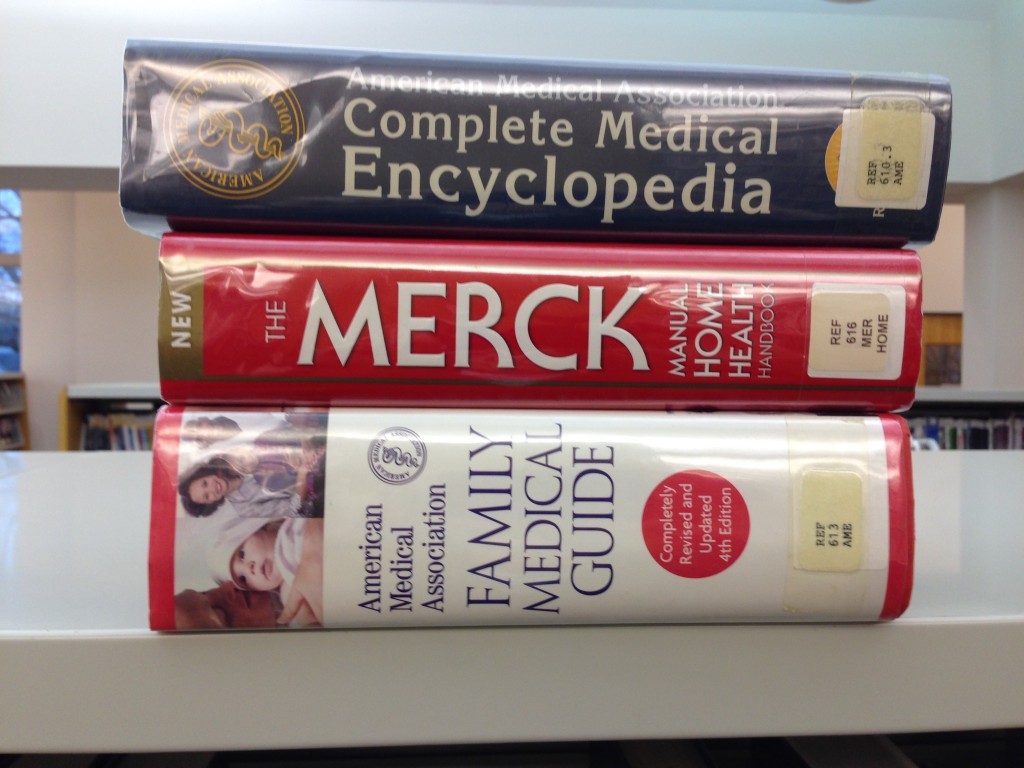
Even in this day of paperless communication, I’m a big fan of actual books. Partly that’s because I like the way a book feels in my hands; it’s nice to read something that isn’t on a screen for a change. There are two other reasons to use print media for some purposes—one of which is particularly important for parents and relevant for teaching about sex.
If you have kids in the house, one book I hope you have is a medical reference book from a reputable source like the American Medical Association.
Yes, I know it’s easy to look up on-line anything that’s in a reference book. There’s more information on-line, with endless links, and the info there can be updated regularly. That’s true. If someone in your family has a serious condition, of course you’d check reputable sites to learn more.
But one advantage of a print book is that your searches there are private. No one can track what you look up, send you ads for treatments, or sell that data to whomever.
From the perspective of parents, though, there’s a much bigger advantage: The book on your shelf is quality information that’s contained. It doesn’t link through to heaven knows what. A child looking through your medical book may see line drawings of bodies, including breasts and genitals–but he or she will not see porn.
Kids tend to go on-line to look up unfamiliar words, including words they may not even know are sexual, or to learn more about their bodies. A frightening number of kids—sometimes as young as 7 or 8—end up seeing sexual images or stumbling onto very adult chat rooms that freak them out.
Filters certainly help protect kids from inappropriate sites. But I think an equally important way to avoid unintentional access to distressing material is to have alternative sources of information readily available. The best sources: an approachable parent and reference books (a dictionary and a family medical guide) right there on the shelf.
Please buy a medical reference and use it in front of your children. Show them how to look things up, maybe when you’re answering one of their questions (about any health topic, not necessarily on sexuality). You can actively recommend it as a first-line source of information and explain why it’s better than the internet. (“There’s a lot of information on the internet, but not all of it is true, and some of it can be upsetting. I’d rather you talk to me when you have questions and we can look things up together; or you can use this book. It’s got a lot of good information from doctors who know what they’re talking about.”) Hopefully your child will come to you; but if she’s too embarrassed, at least she’ll have another source.
Yeah, I know–buying reference books may seem old-fashioned. But it’s infinitely less risky than trusting your kids’ research to the whims, misinformation, and disturbing images of the internet.